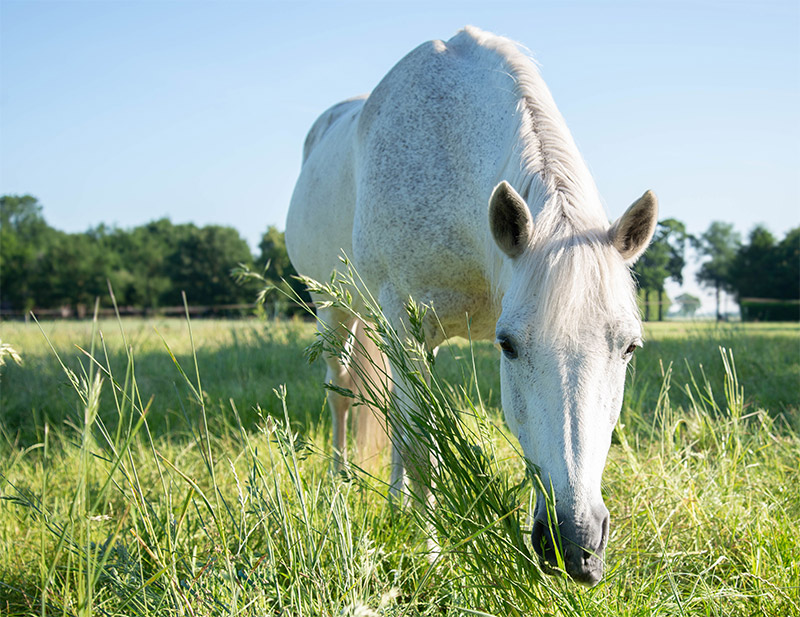
Equine Health: Understanding and Combating Common Parasites in Horses
As dedicated horse owners, we understand the importance of protecting the health and well-being of our beloved horses. Within the equine community, one prevalent concern that cannot be overlooked is parasite infestation, which commonly affects our equine companions. At Adobe Veterinary Center, our goal is to raise awareness about the common parasites found in horses and to highlight the negative impact they have on equine health and performance. Additionally, we stress the significance of taking preventive measures, exploring treatment options, and prioritizing regular veterinary care. Our mission is to ensure the optimal health and happiness of our cherished equine friends.
Understanding Common Parasites Affecting Horses
Parasites are organisms that live and feed off another organism, known as the host. They can be internal (endoparasites) or external (ectoparasites). Unfortunately, horses are susceptible to various parasites, which can negatively impact their overall health and performance. Recognizing the signs and symptoms of infestation is crucial in maintaining the well-being of your equine friend.
- Large Strongyles (Bloodworms): These internal parasites reside in the large intestine and can cause colic, weight loss, and anemia in horses.
- Small Strongyles (Cyathostomins): These are the most prevalent internal parasites and can cause diarrhea, weight loss, poor coat condition, and even colic.
- Roundworms (Ascarids): Primarily affecting young horses, roundworms can cause digestive disturbances, poor growth, and respiratory issues if larvae migrate through the lungs.
- Tapeworms: These parasites attach to the walls of the small intestine and can lead to weight loss, colic, and intestinal blockages.
- Bots: Bots are fly larvae that attach to the stomach lining, causing irritation, ulcers, and discomfort.

Protecting Our Equine Companions: Effective Measures for Parasite Prevention
When it comes to managing parasites in horses, prevention is paramount. Here are four crucial steps to safeguard the health of your equine friend:

1. Regular Deworming: Collaborate with your veterinarian to establish a deworming schedule that suits your horse’s requirements and addresses the prevailing parasite challenges in your region.
2. Pasture Management: Implement sound manure management practices to minimize parasite contamination in pastures. Regularly remove manure and consider rotating grazing areas whenever feasible.
3. Hygiene: Maintain excellent hygiene standards by routinely cleaning stalls, water troughs, and feeding equipment. This helps reduce your horse’s exposure to parasites.
4. Quarantine and Testing: Isolate newly arrived horses on your premises to prevent parasite introduction. Conduct fecal testing to identify parasite burdens and ensure appropriate treatment.
In case your horse exhibits signs of parasite infestation or tests positive in a fecal exam, timely and proper treatment is crucial. Our veterinarians are well-equipped to recommend the most effective deworming medications and protocols tailored to your horse’s specific needs and the involved parasites. Administering the correct dosage and following treatment instructions are vital for maximizing its effectiveness.
Regular Check Ups and Parasite Prevention At Adobe Veterinary Center in Tucson, Arizona
Regular veterinary check-ups play a crucial role in maintaining the health and wellbeing of your horse. Our veterinary professionals at Adobe Veterinary Center have the expertise to assess your horse’s overall health, detect and treat parasite infestations, and provide guidance on preventative measures.
Ensuring the health and wellbeing of your equine companion involves understanding and managing your horse’s needs. Book an appointment at Adobe Veterinary Center today and let us partner with you in providing the best care for your equine friend. Together, we can keep them healthy, happy, and thriving.








